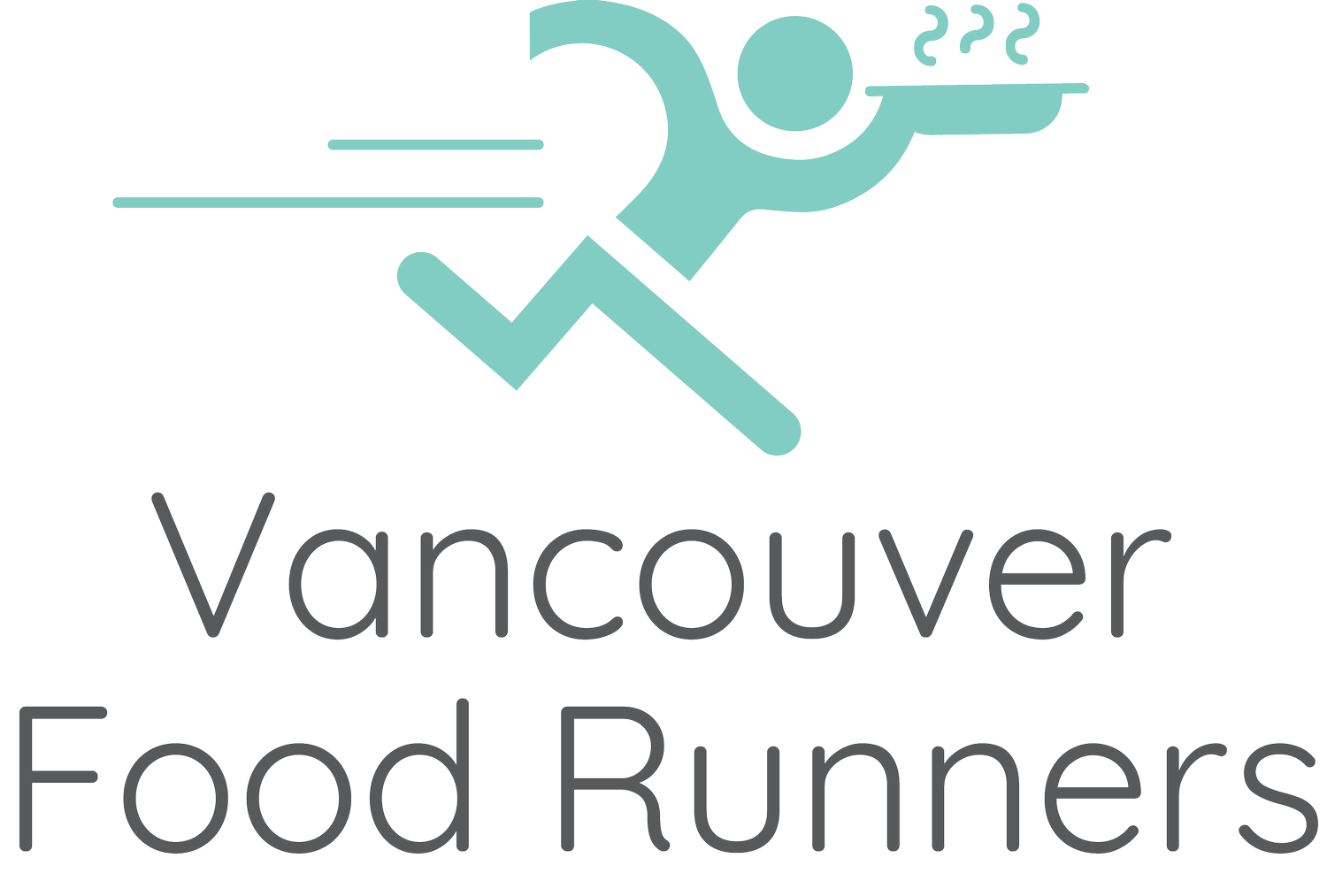Jeff Calbick, COO of United Way Lower Mainland
United Way Lower Mainland (UWLM) is a very well-known nonprofit organization, but our readers might not know about the critical work that you do to support communities in the Lower Mainland. Can you please share about your history, mission and programs?
At United Way of the Lower Mainland, we strengthen vital connections that support people in need in our local communities and we have been doing our part since 1930. Today, we help make life better for thousands of people across Metro Vancouver, from the Sea to Sky corridor and the Sunshine Coast, to the Fraser Valley and beyond.
Our mission is to serve the needs of our local community and ignite the desire in everyone to improve this place we call home. We do that by helping to connect people who care about people who need help, which we call local love.
Ninety years from when we started, we are still rooted in the community and making a difference through our programs that build brighter futures for kids and youth, ensure that seniors stay active, engaged and connected in their communities, and break down social isolation in neighbourhoods.
In your latest strategic plan, you mention shifting away from traditional models of charitable giving to empowering people with opportunities to a make a difference in communities. This sounds exciting. Can you share more about what this transformation entails?
In response to a changing landscape of work, life, and how we interact with each other in our region, United Way of the Lower Mainland has shifted to focusing on fostering meaningful connections in our closest communities. We’re asking people to help in new, creative and contemporary ways that go beyond traditional charitable giving.
We’re setting our sights on creating opportunities, on empowering individuals, and on working collaboratively from the ground up, not the top down. We wish to inspire a new, passionate generation of local leaders, and in so doing, animate both the communities benefiting from our programs and the donors and volunteers who make those programs possible.
COVID-19 has placed an unprecedented strain on communities and the nonprofit sector. Can you explain how UWLM is responding to these ongoing challenges and how your work has shifted in this context?
During COVID-19, we adapted our work to deliver urgently needed services and focused on food security, youth mental health and created Safe Seniors, Strong Communities - a rapid emergency COVID response initiative allowing seniors to request free volunteer help with grocery shopping, meal delivery, prescription pick-up and friendly check-in calls. Of course, our work and fundraising practices have shifted to follow health protocols. Through government partnerships and generous gifts, we were able to act quickly to address the severe impact COVID19 is having on our communities. We couldn't do this work alone: our efforts have been amplified by neighbours helping neighbours; our volunteers and agency partners out in the community who help us deliver urgently needed services; and our corporate partners that have answered the call for help.
Recent research suggests that food insecurity is increasing across Canada, and we’re seeing this in the Lower Mainland as well. How has UWLM had to expand and/or pivot to respond to this pressing basic need?
Since the start of the pandemic in March 2020, our agency partners have been reaching out directly to UWLM with their most immediate and pressing ask: the urgent need for food support. Across all our partners, a shocking 98% saw an increase in food demand, with 92% identifying food insecurity as their top issue, and 72% of agencies not able to meet food needs.
In response, UWLM’s work has gone way beyond being only a funder. We have been able to rapidly mobilize our connections with businesses, residents, and our network of relationships with government, school districts and community partners to launch and invest in ‘Local Love Food Hubs' campaign. To date, we have supported 152 Local Love Food Hubs, which have distributed 2.5 million meals, as well as 360,000 food hampers, grocery vouchers and supplies to support the existing network of food banks and other non-profit-run food security solutions from Sea to Sky, the Fraser Valley and across the Lower Mainland. Food Hub programs vary from distributing food hampers, meals and vouchers, to food redistribution, nutritional education and teaching traditional food practices.
We are clearly seeing a rising need for food security solutions that shift away from charitable food handling and focus, instead, on sustainable, long term, community-led food system solutions. We have responded by supporting placebased, community led Food Hubs that strengthen partnerships, build infrastructure and engage community in meaningful ways through food. Food Hubs work on the foundation of equitable and dignified food access to empower social networks of care and community capacity to improve health, well-being and resilience.
Many individuals are acutely aware that people are struggling right now and want to help. What are some of the most impactful ways individuals can get involved in supporting members of their community at the moment?
There are so many ways to support neighbours in your community. You can volunteer, donate, or become a champion for good. There are always opportunities for individuals to have impact in their communities through United Way: you can run a workplace campaign, become a corporate sponsor, join the Period Promise initiative, join GenNext, or participate in our Campaign Associate Program. Taking care of the most vulnerable in our communities means we all work together.
Be the first to read our E-newsletter
Subscribe to our bi-weekly newsletter that arrives to your email inbox every other Saturday!

